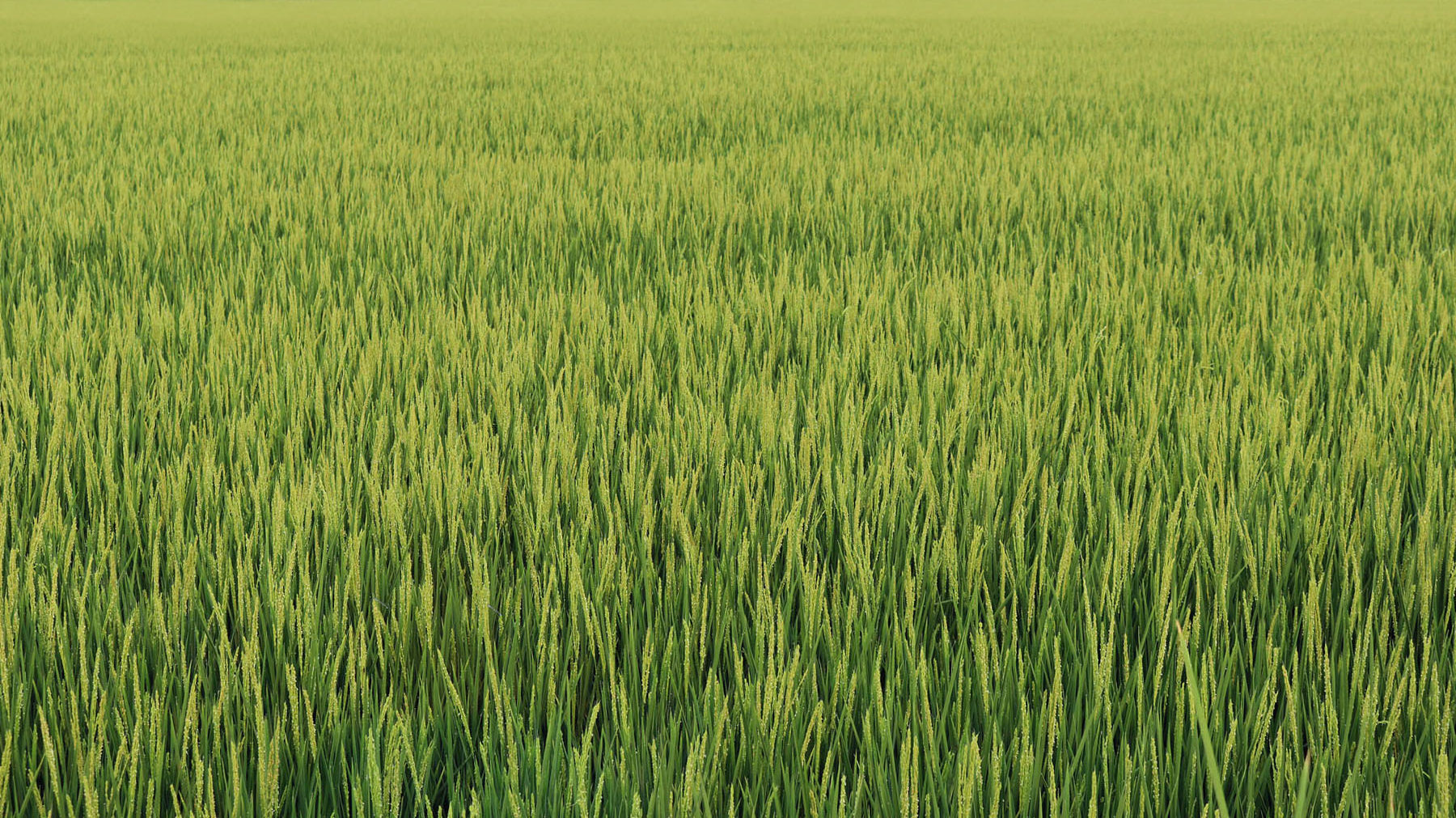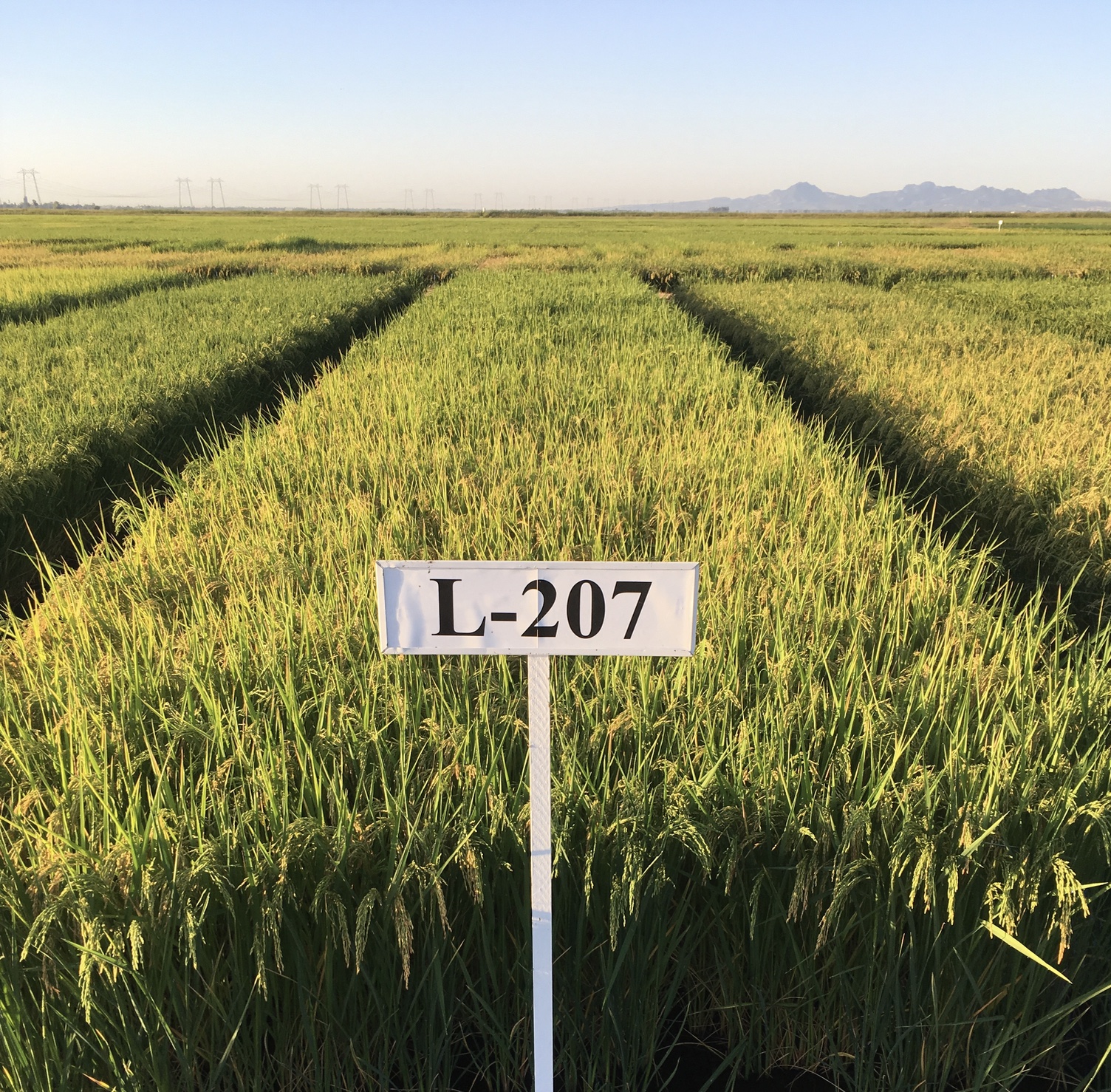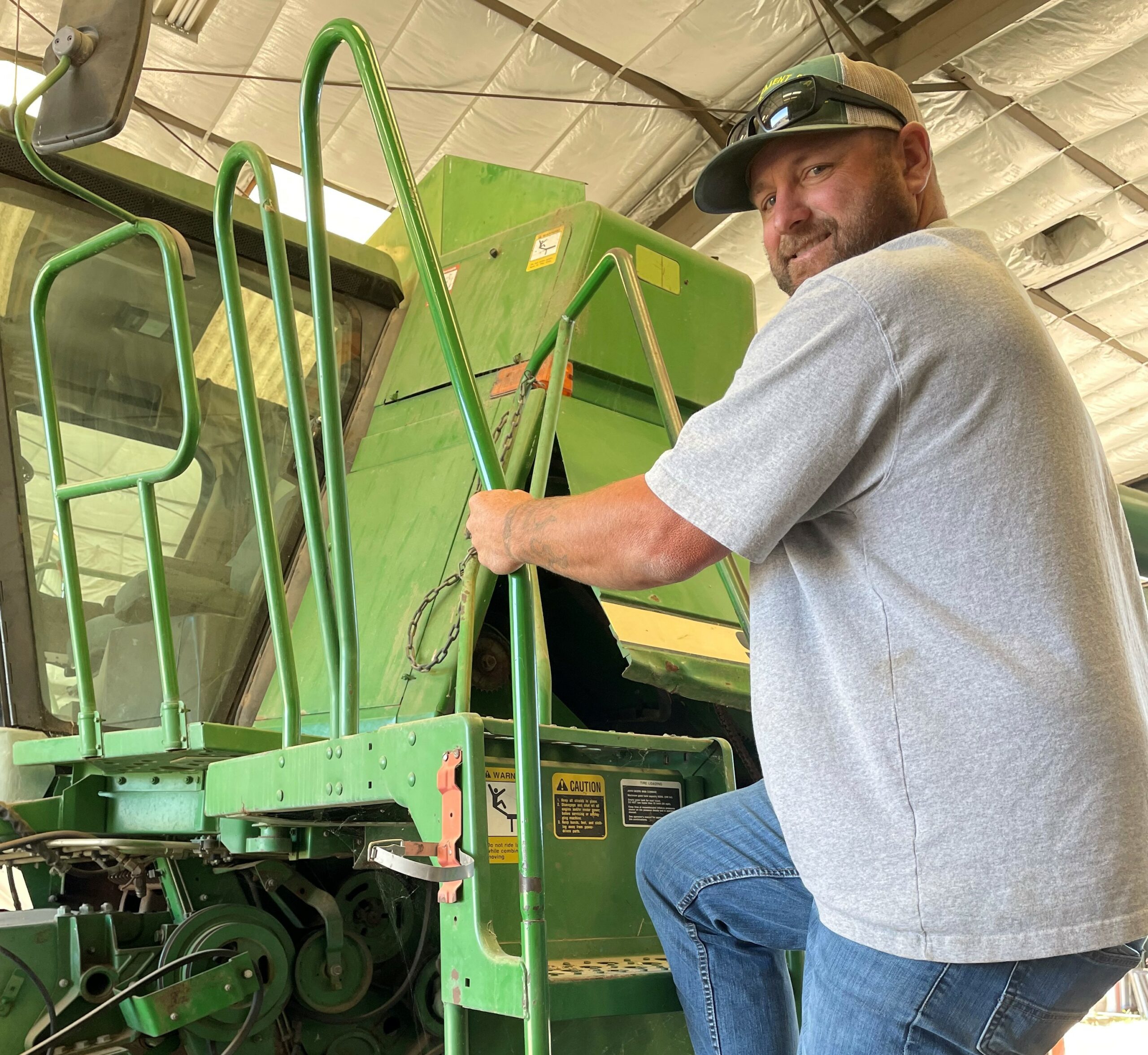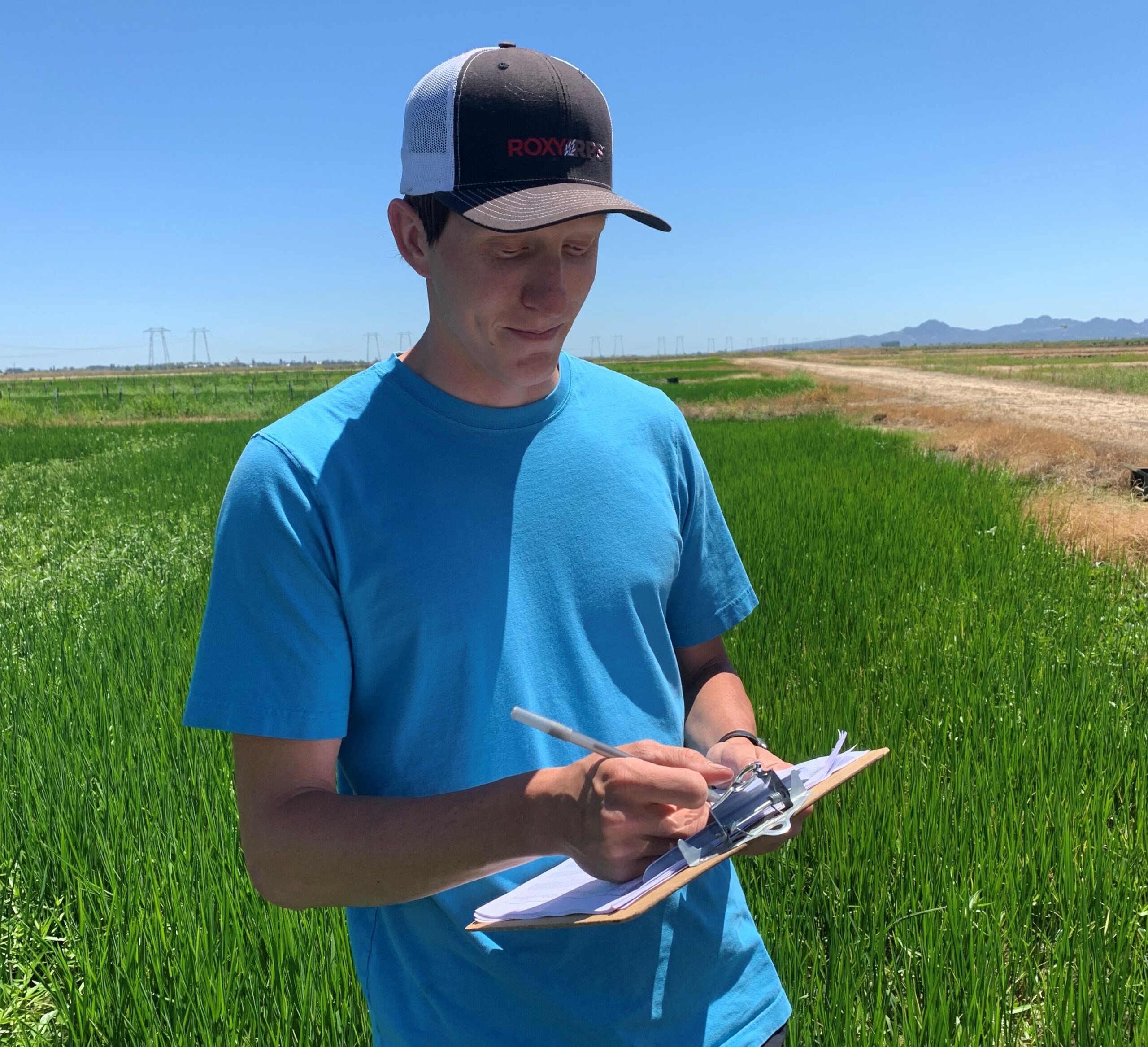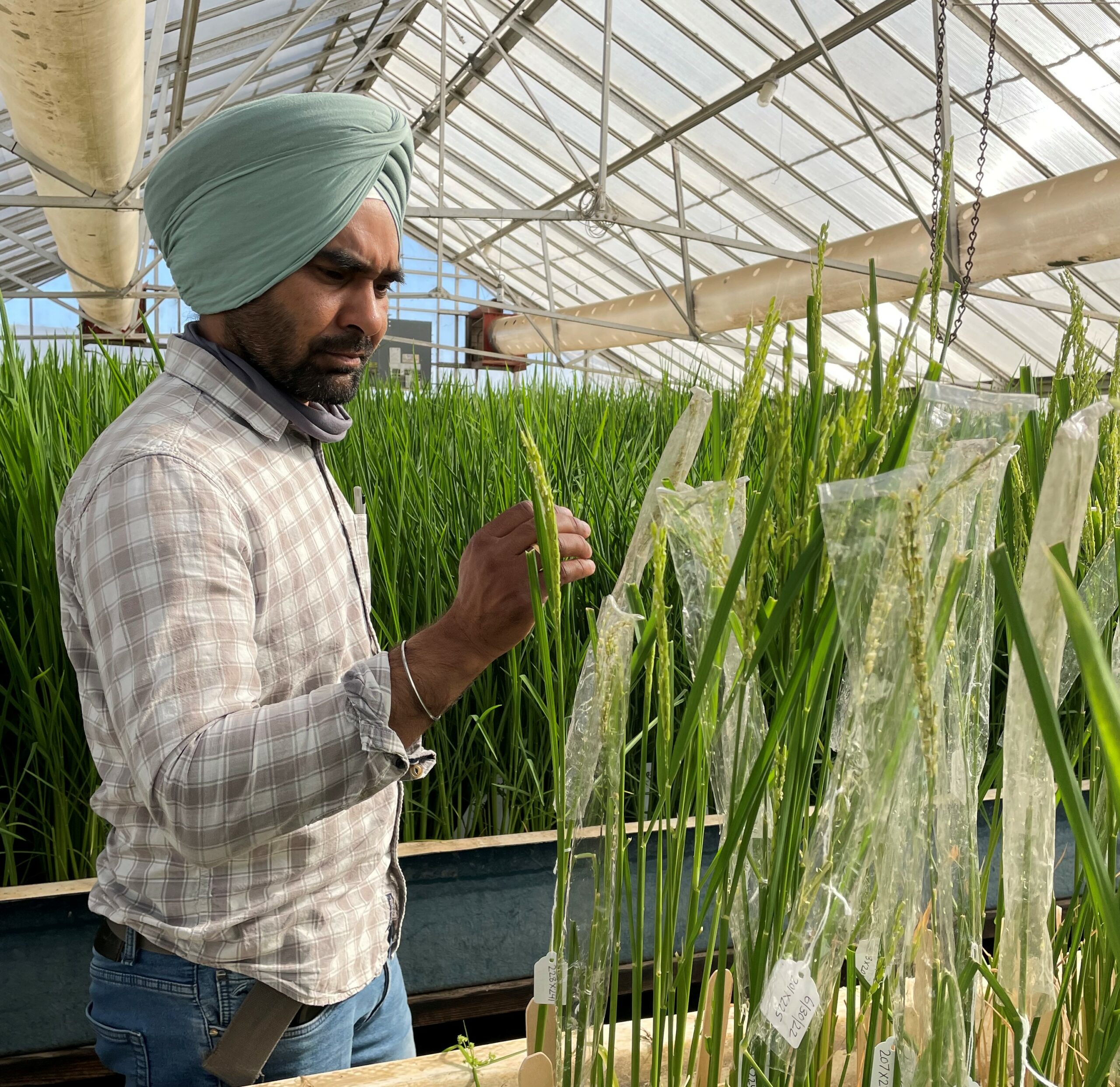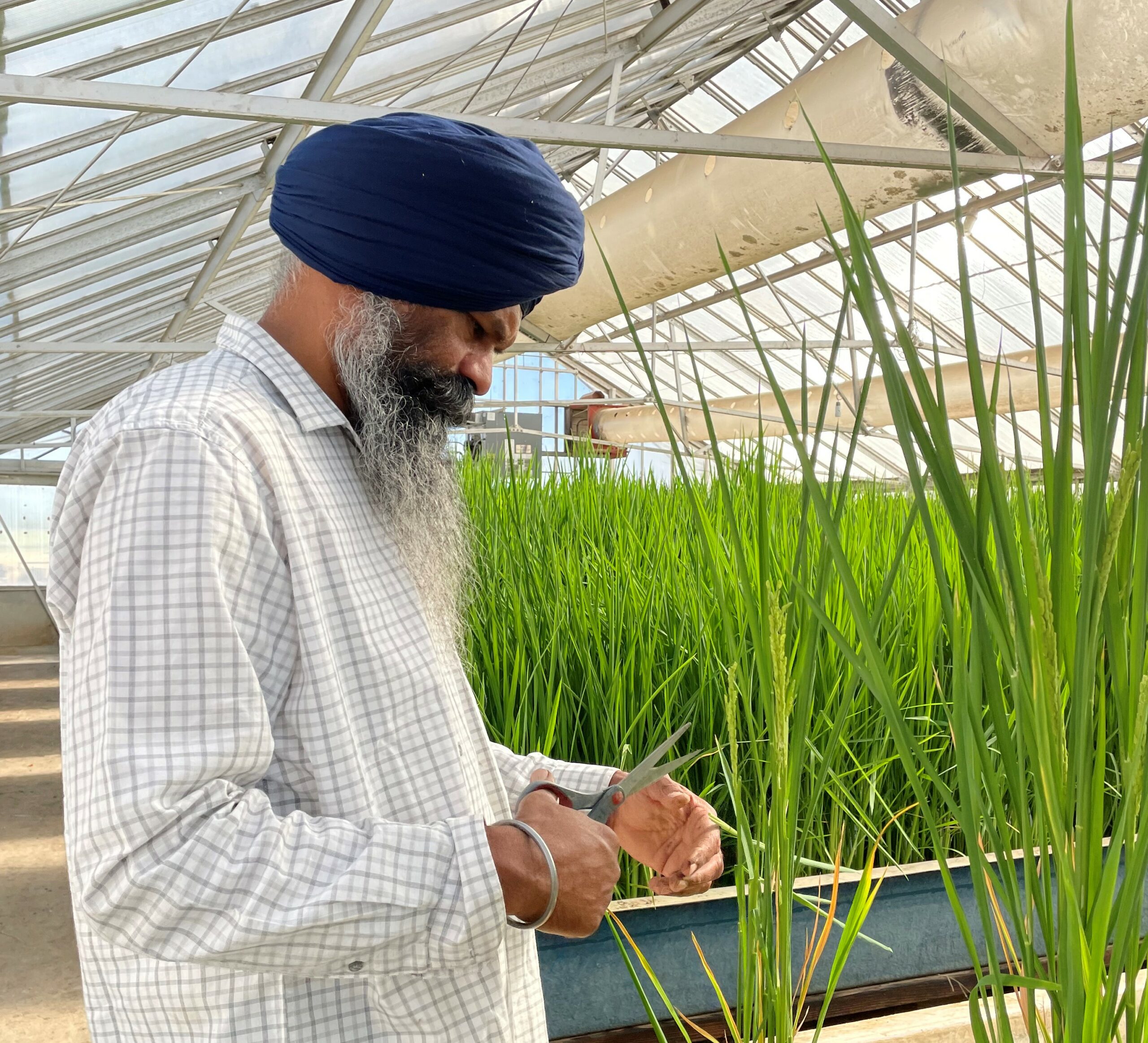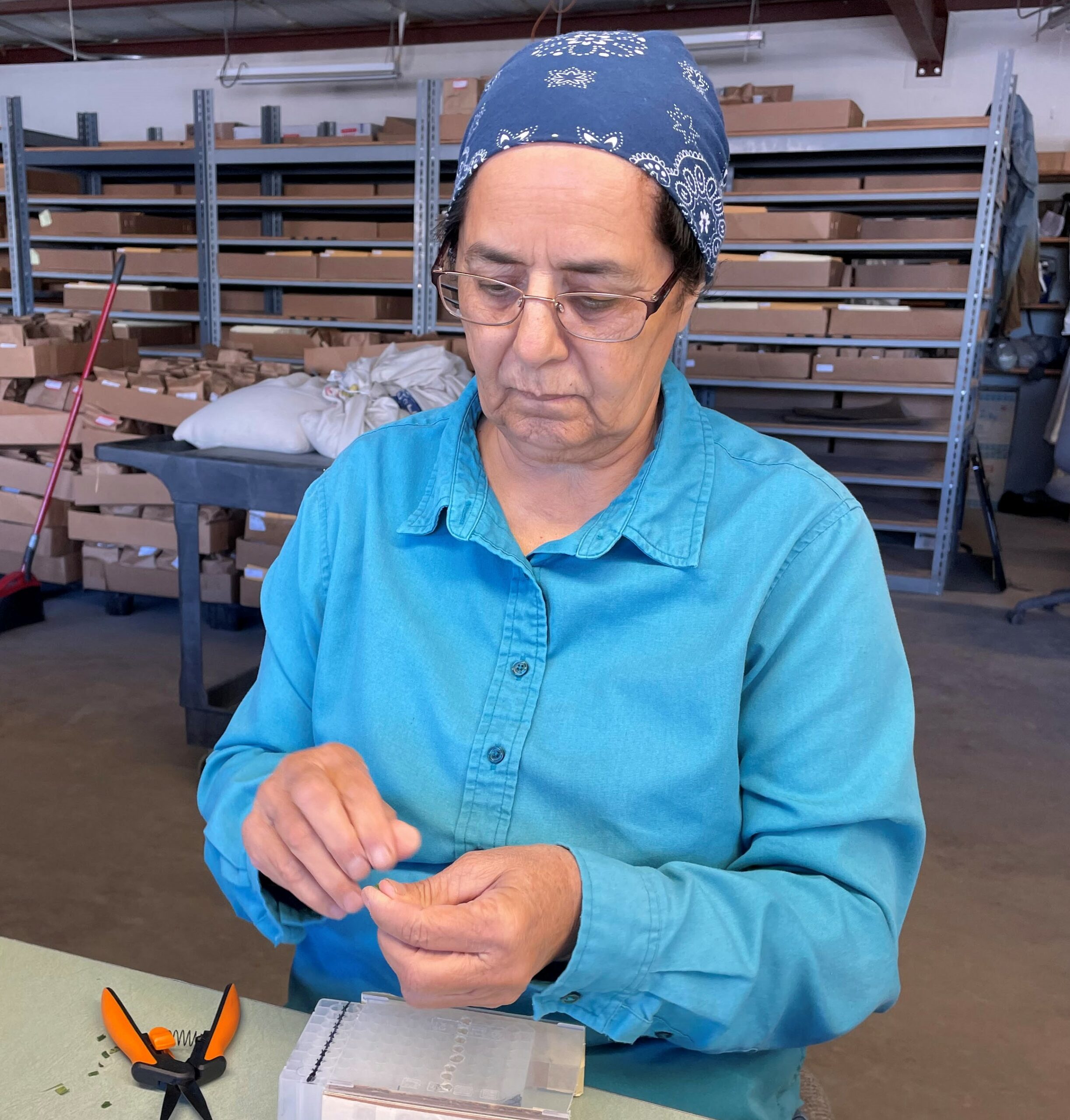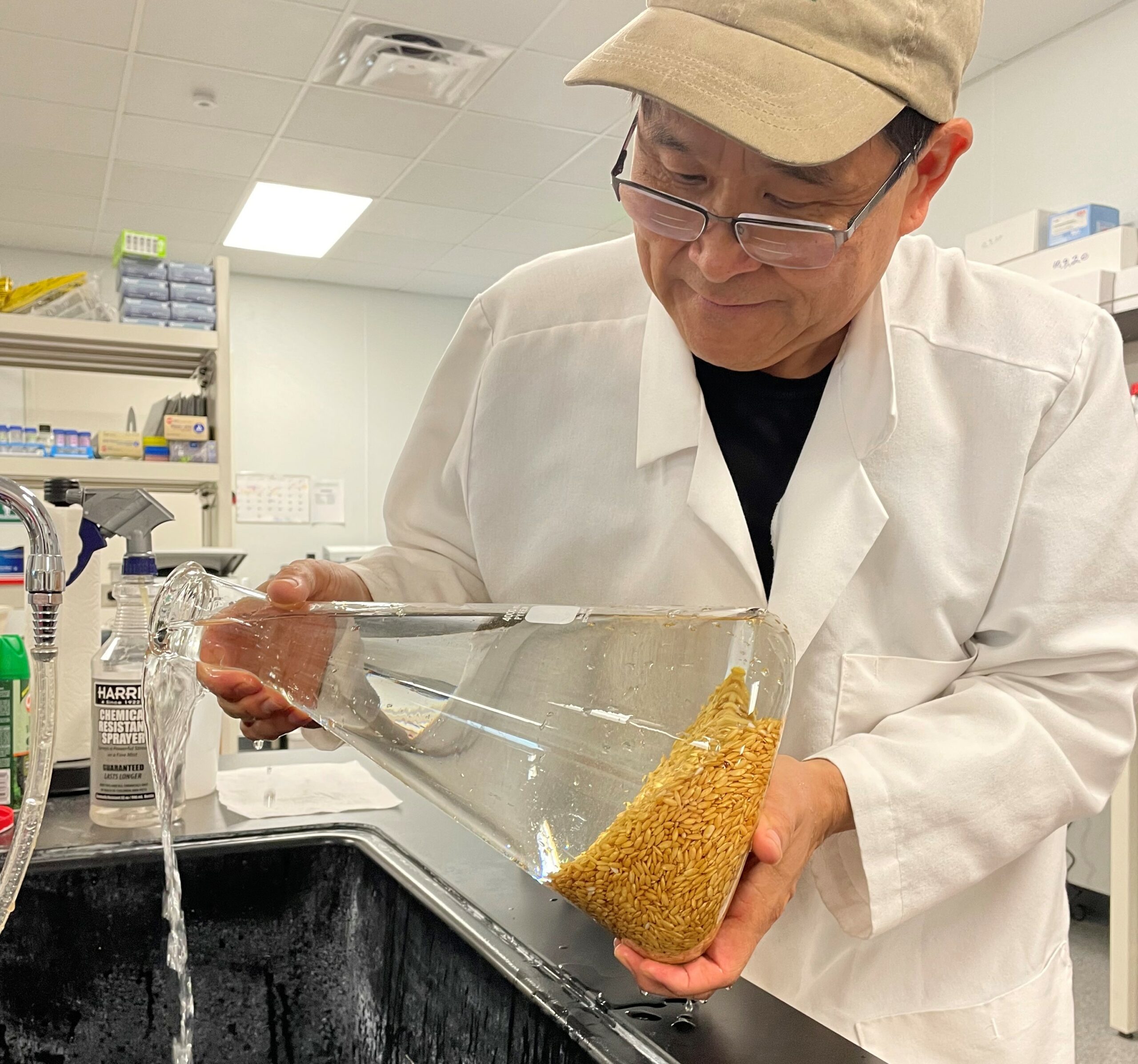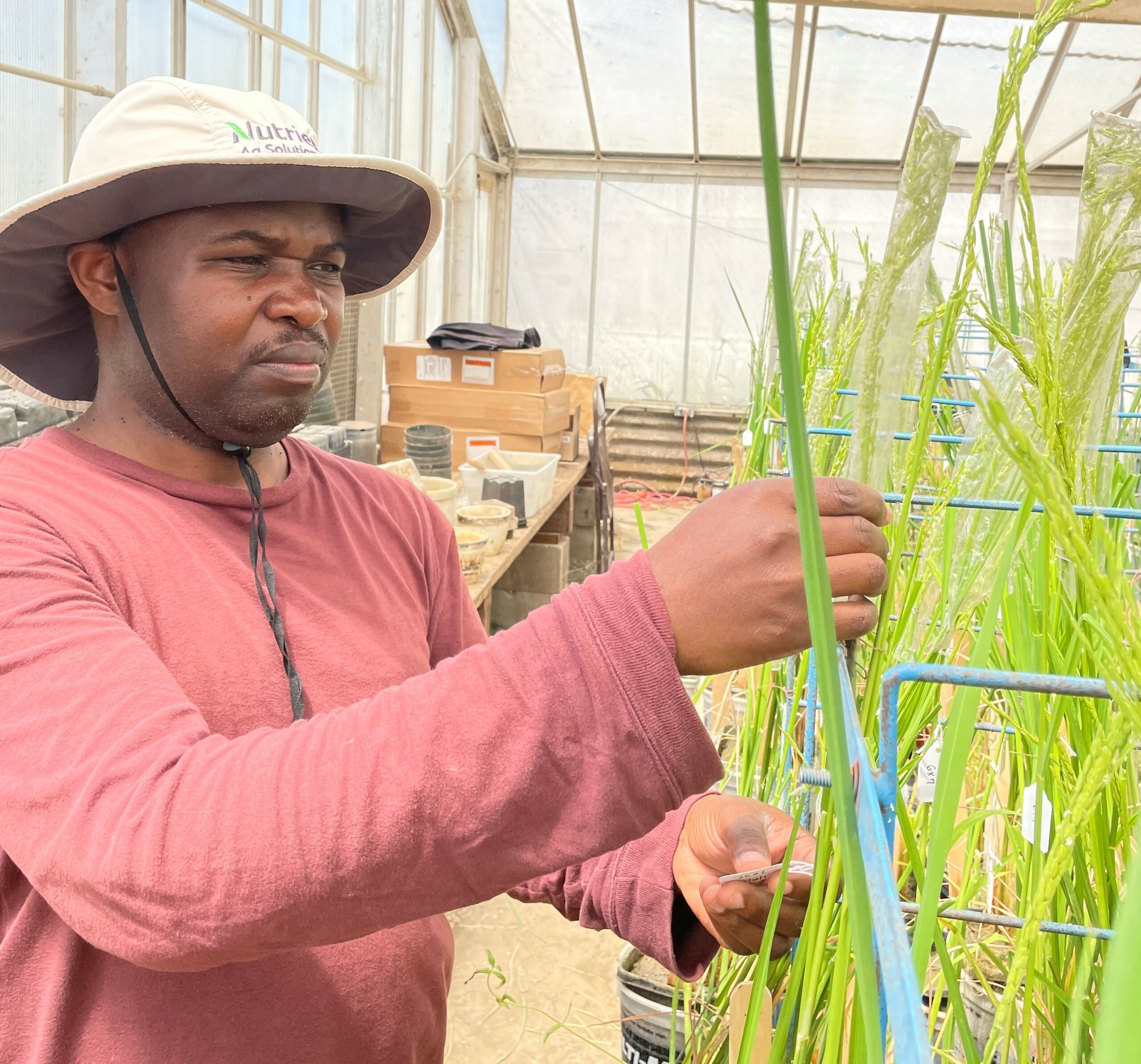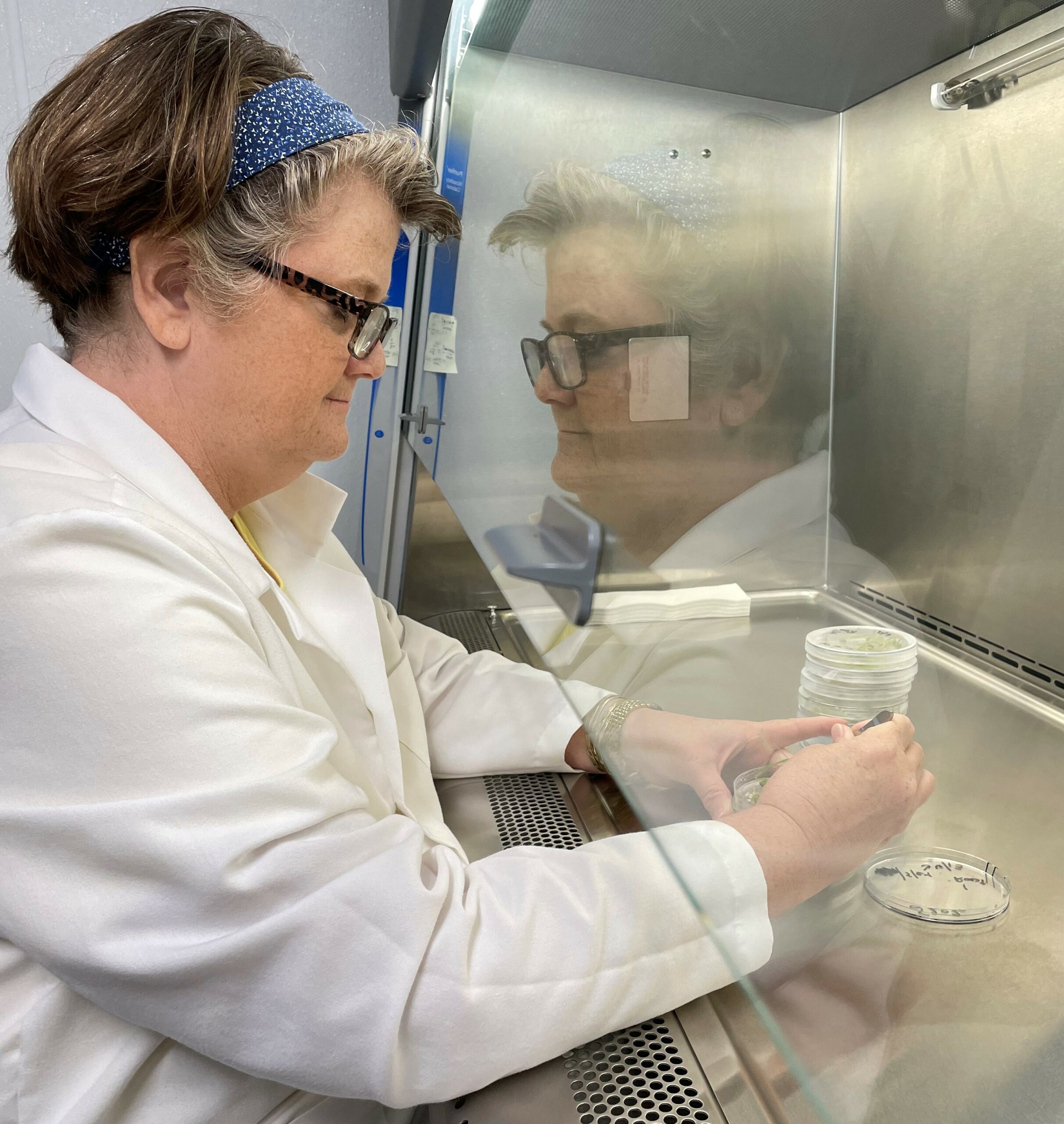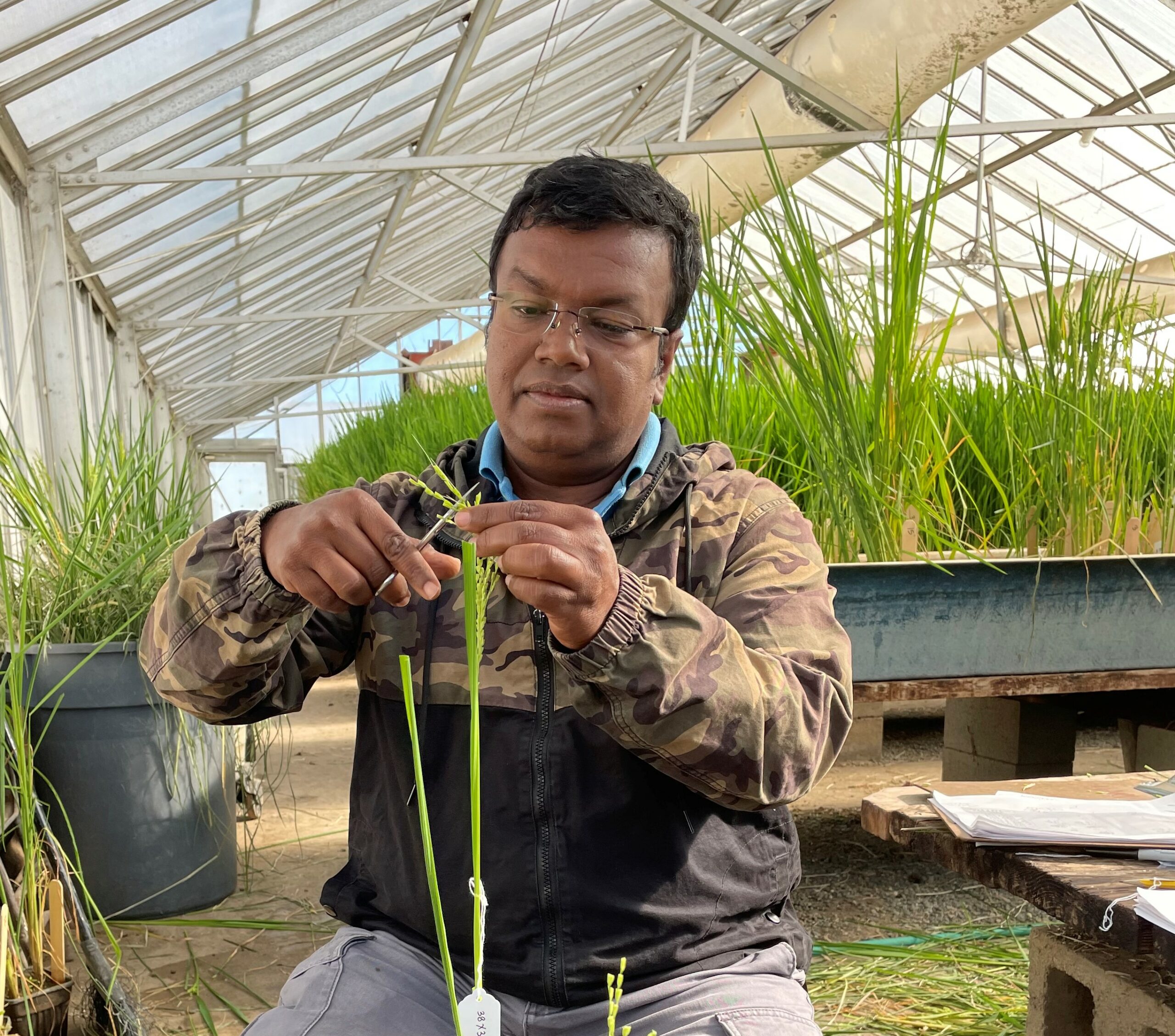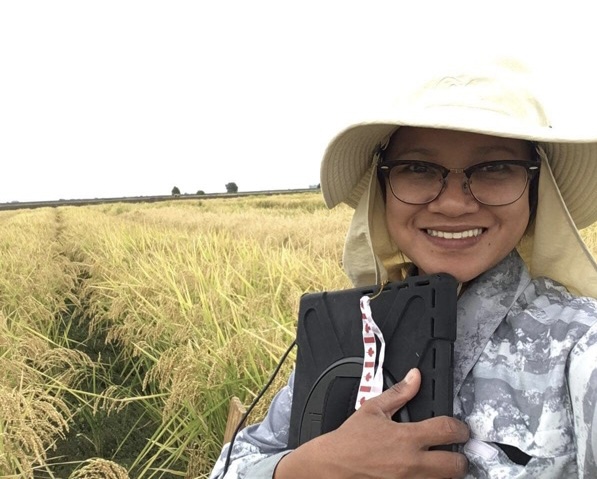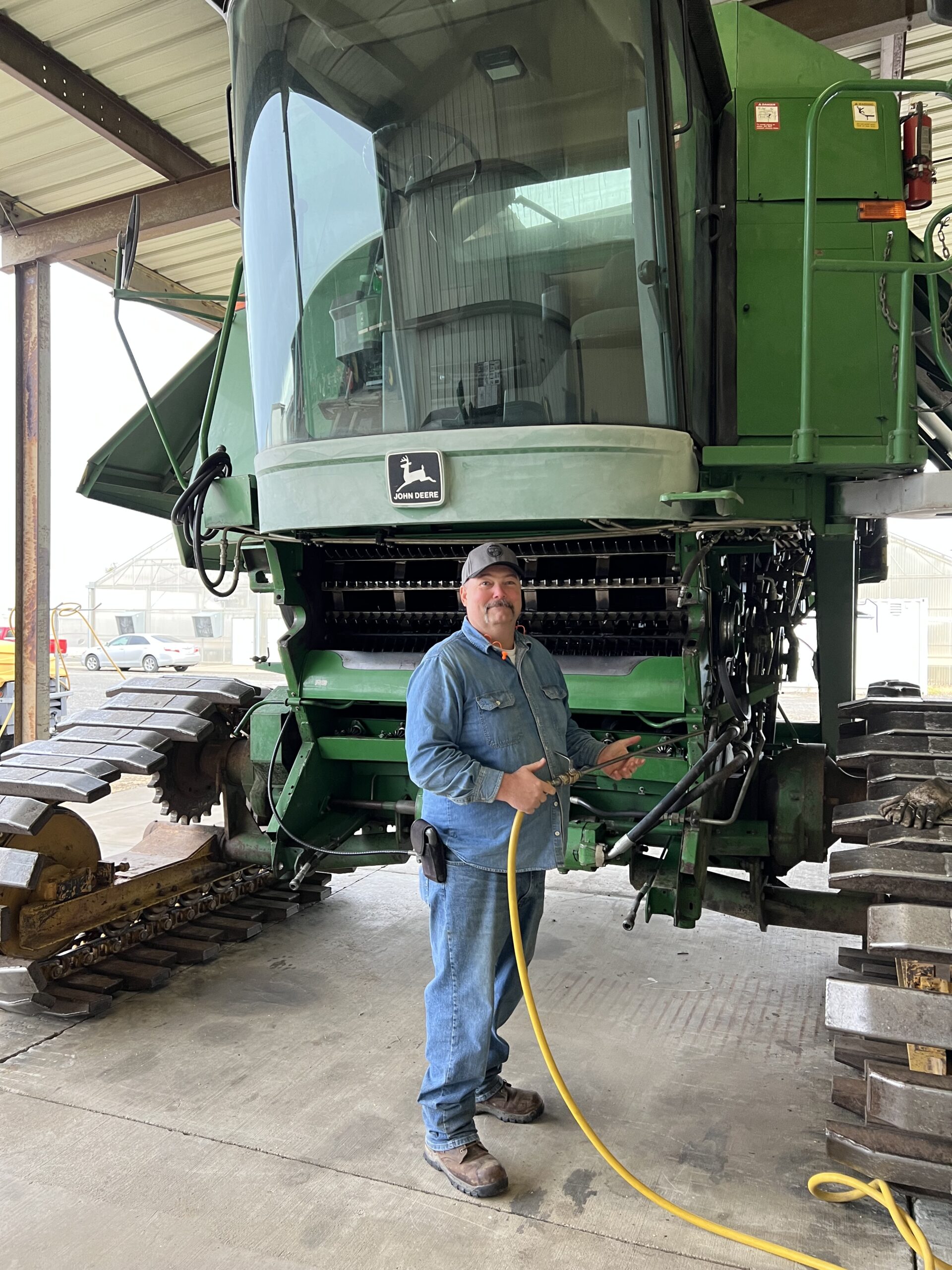Rice Variety Profile for L-207
RES Rice Varieties
Variety: L-207
- Former ID: 12Y20
- Year: 2016
Pedigree and Breeding
L-207 is an early maturing, glabrous, long-grain selection from the cross R33132 made at the Rice Experiment Station (RES), Biggs, CA in 2006. Its pedigree is ‘05P3310’/’02Y516’//’99Y529’. Female parent was an F1 plant from the cross R32425. 05P3310 is a experimental designation for an Indica type germplasm that was introduced from China in 1996, by USDA-ARS, as PI614958. 02Y516 is a high yielding intermediate height selection from RES. The male parent, 99Y529, is an early maturing selection with high grain and milling yield, developed at RES.
Agronomic Characteristics
The seedling vigor of L-207 is slightly higher than L-206 and similar to M-206. Days to 50% heading is an average of 4 days later than both L-206 and M-206. It is 15 cm taller than L-206 and 3 cm taller than M-206. Lodging potential is significantly lower than M-206, but not significantly different from L-206. Susceptibility to cold induced blanking (Greenhouse blanking score) is similar to M-206 and lower than L-206. Stem rot resistance was similar to M-206 but higher than L-206 ( lower SR score). Aggregate Sheath spot resistance was higher than both L-206 and M-206.
The grain yield of L-207 has shown significantly higher yield potential than both L-206 and M-206 at very early group of statewide tests. This includes RES, Sutter-East, and Yolo test locations during 2012 to 2015. A consistent yield advantage of L-207 at cooler location of Yolo test over L-206 indicates a significantly higher adaptability of this variety over L-206.
Milling and Quality
Apparent amylose content of L-207 is the same as L-206 and similar to the traditional southern long-grain varieties, averaging 23.2%. L-206 and L-207 both have intermediate type alkali spreading values. Pasting properties of L-207 is not significantly different from L-206 and Mahatma brand from Southern US as shown by RVA analysis. Even though RVA values are slightly lower for L-207, the setback value which is a significant indicator of the softness and texture of cooked rice is similar to Mahatma brand. Cooked rice of L-207 and L-206 was found to be similar by taste panelists. Samples were evaluated by two marketing organizations in 2014.
Milling yields at sequential harvest moistures were tested during 2012 to 2015. Within a span of 7 to 10 days, head rice yields remained stable ranging between 63 to 67 percent for L-207 and 59% to 62% for L-206 in 2015. Similar differences were observed in 2012 and 2013.
Area of Adaptation
L-207 should be adapted to a considerably larger area than L-206. That especially includes Yolo county area where a consistently higher yield had been observed. Greenhouse tests indicate that 12Y20 has slightly higher resistance to cold induced blanking as compared to L-206. Despite a higher cold resistance, L-207 is not adapted to coldest locations in San Joaquin area.
